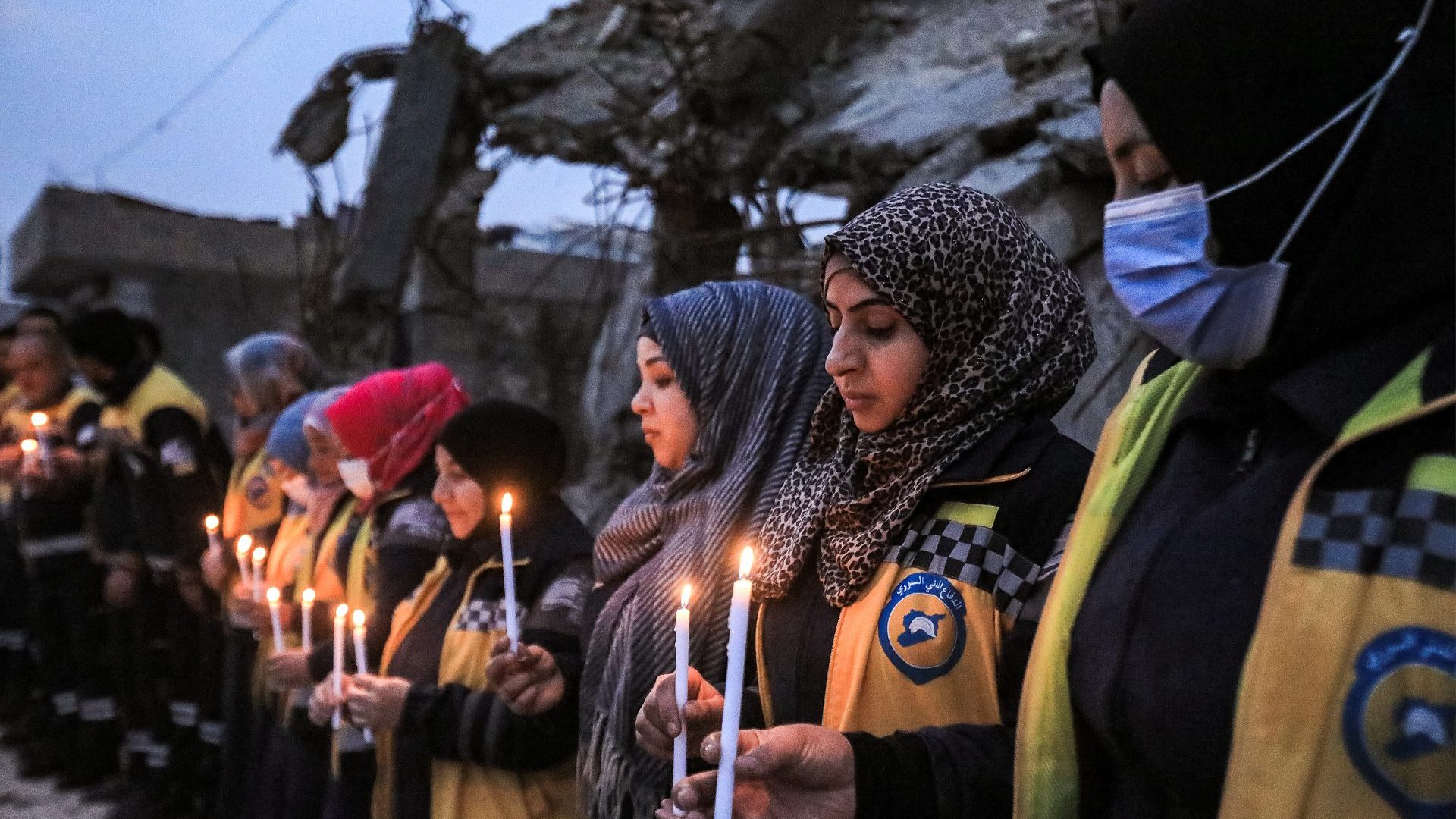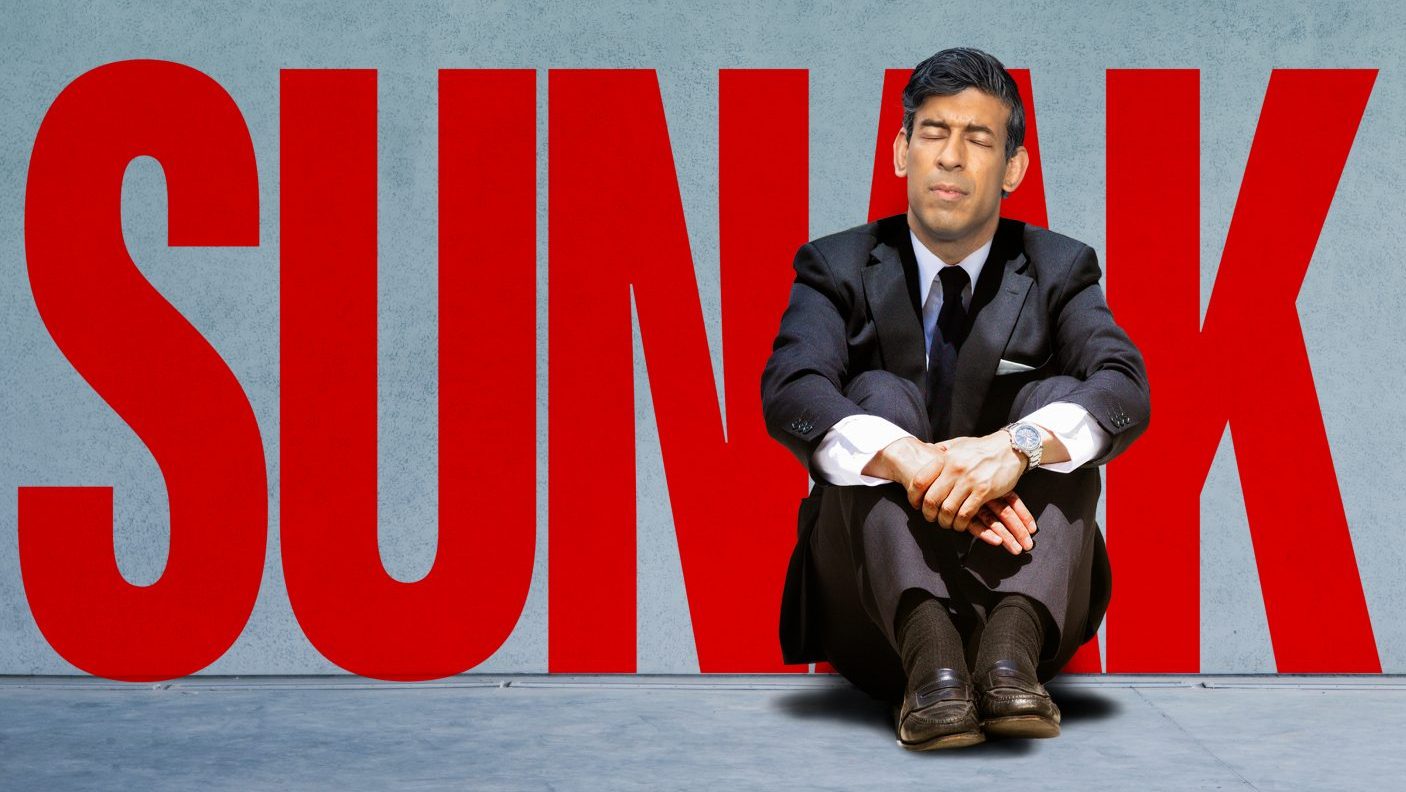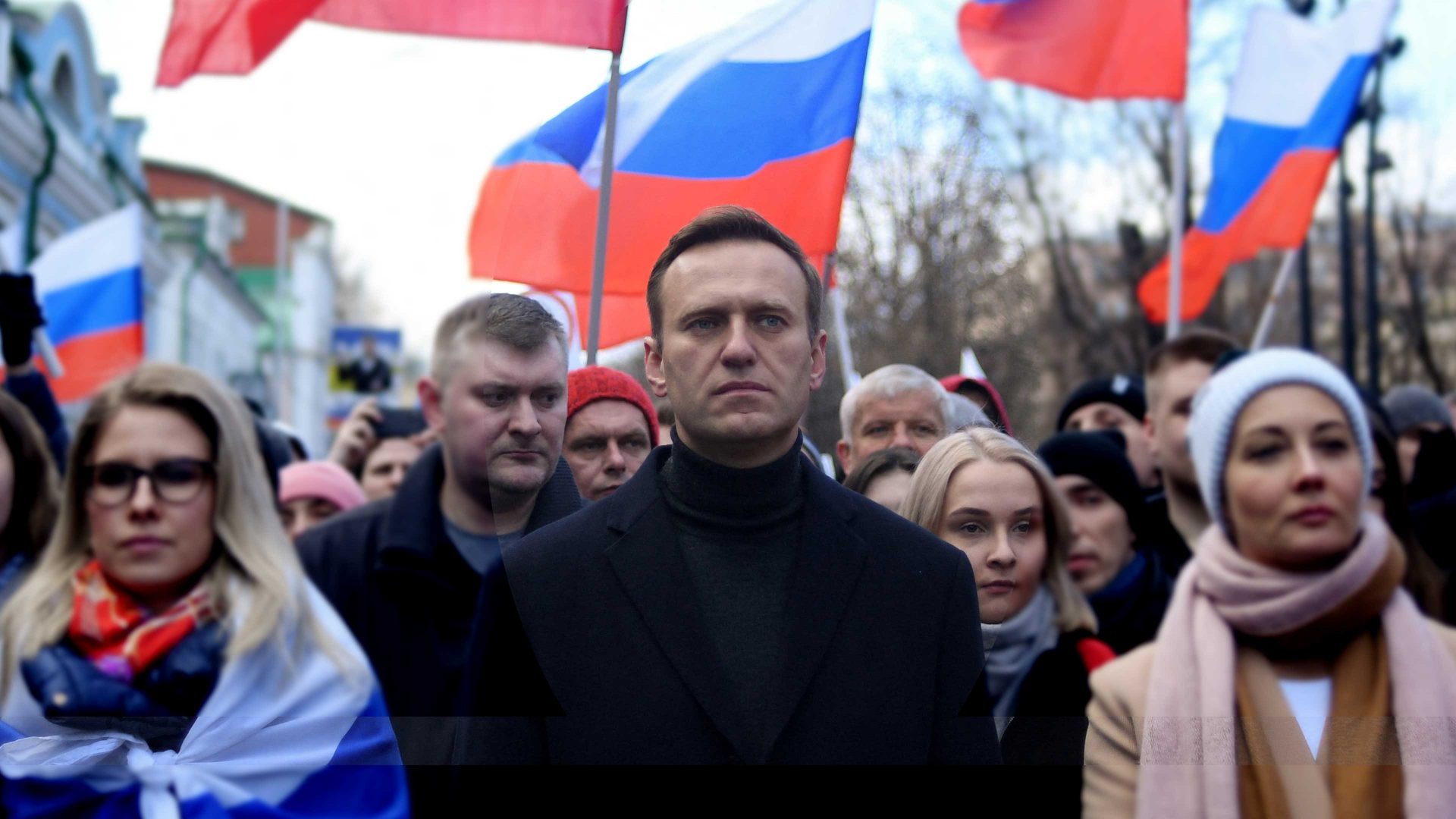Last year, on February 6, 2023, at 4:17am, a series of huge earthquakes struck southern Turkey and northern Syria. I was up late that night and vividly recall hearing the news. A friend living abroad texted me to check I was OK.
When I heard the earthquake’s magnitude, I was sceptical. “7.8? Oh, come on! Surely it must be a typo!”
The television channels were struggling to gather stories. After watching the severe damage at Gaziantep Castle on television, my immediate thought was to donate blood. Following a quick breakfast, I left home to visit a Red Crescent centre. The Istanbul metro was unusually quiet that day… no one spoke. The only audible sounds were of a man quietly crying, soon joined by two other people.
A massive queue at the blood donation centre extended to the car park. During registration, the nurse noted down requests to ensure that the blood reached the affected regions. Some of my friends hesitated about the Red Crescent because of its involvement in scandals, such as selling blood and aiding armed opposition groups in Syria. A few days after the earthquakes, another scandal emerged, alleging that the Red Crescent was selling tents to charity organisations.
A total of 11 provinces were officially declared disaster areas and in a state of emergency. The province of Hatay had the highest number of casualties: 24,000 out of the total 53,000 deaths occurred there.
On the first day of the earthquake, Volkan Demirel, former goalkeeper of the national team and the current coach of Hatayspor, a football club in Antakya, published an emotional Instagram livestream pleading for help for Hatay. This livestream became the moment when thousands, if not millions, grasped the seriousness of the situation. Demirel’s tearful appeal was all the more powerful on account of his reputation as the “tough guy of Turkish football”.
Tragically, Hatayspor also suffered losses within its own team. Christian Atsu, the talented Ghanaian winger; Taner Savut, the sporting director; and Verda Demetgül, a promising 14-year-old player for the club’s women’s branch, were among those who lost their lives.
On the first anniversary of that terrible day, perhaps the most emotional memorial took place in Hatay. Thousands walked silently as the clocks approached 4:17am. Later on, they booed Lütfü Savaş, the mayor of Hatay, and Fahrettin Koca, the minister of health, claiming they hadn’t done enough for Hatay during the catastrophe. In contrast, Demirel was welcomed with applause.
Although earthquake commemoration events were held in all 81 provinces, Kocaeli, a north-western city, understood particularly well the anguish and resilience that follows a natural disaster. Until February 2023, whenever people mentioned “the earthquake”, they were referring to the one in Gölcük, Kocaeli on August 17, 1999.
The mayor of Kocaeli gave a speech, offering condolences to the families of the bereaved. Drawing parallels with the earthquake of 1999, he spoke of the city’s recovery and perseverance. He emphasised the importance of unity and support in times of crisis, highlighting how Kocaeli had risen from the rubble to rebuild stronger than ever.
I have met people who experienced the earthquake first hand and some who lost friends and relatives, and many others who helped with relief operations. Not a single one of them believes the official death toll, especially those who experienced it. Someone from Gaziantep told me that even hearing the number made him “feel sick”.
There are local elections in March, and there will no doubt be extensive debates on last year’s earthquakes. The effectiveness of the response by local government and the speed and efficiency of post-earthquake reconstruction efforts will all be fiercely argued over.
More importantly, Turkey needs to confront the issue of long-term planning. The rules on planning and new developments need reform, to make our towns and cities more resistant to future seismic events.
I hope for a brighter future in which we can heal, and rebuild, just as we managed to do after the earthquake of 1999. I hope that this time, we get it right.



